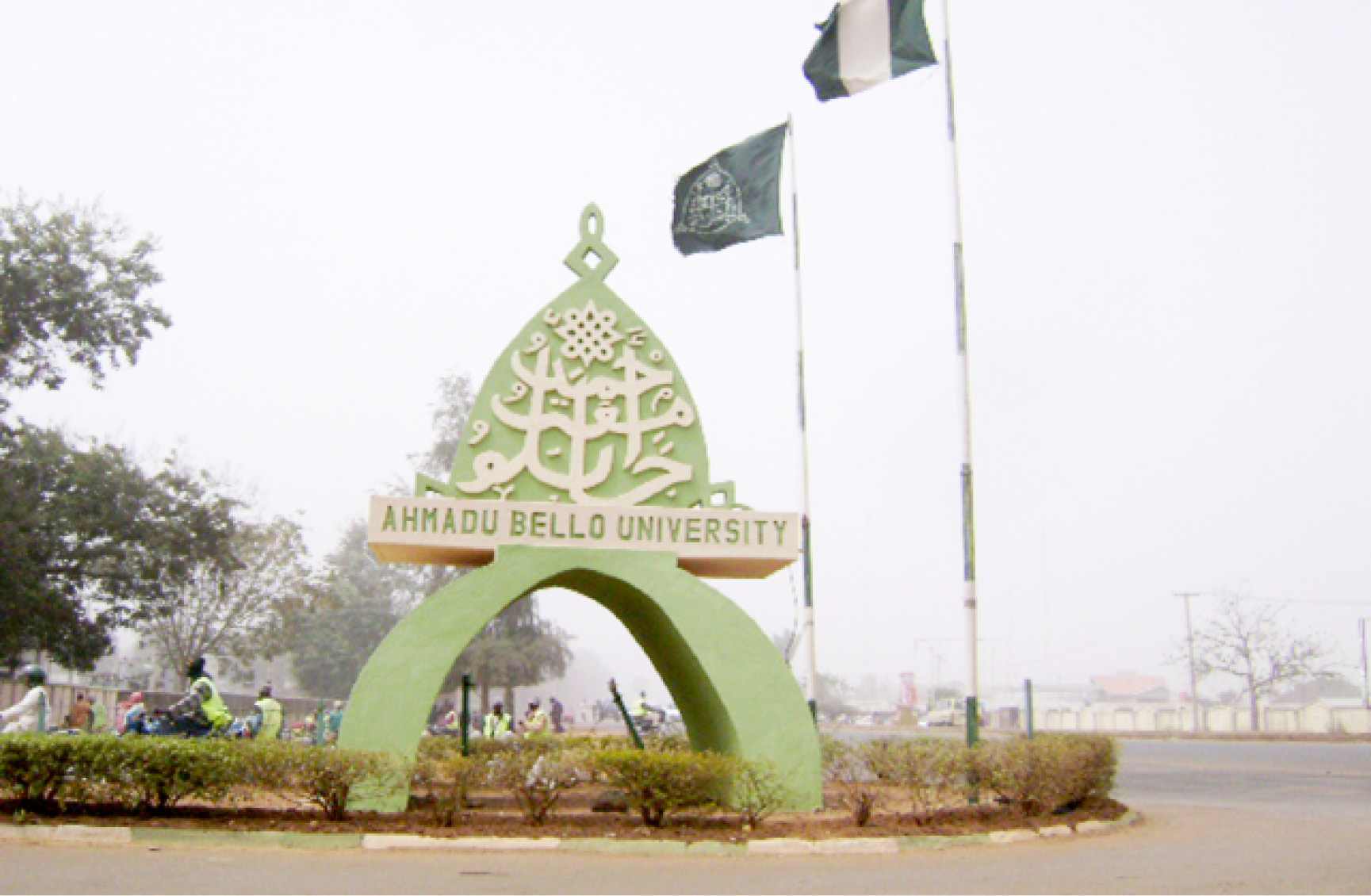The glamour of Basico Alumni dinner
The Annual Reunion Dinner of the Basico Alumni Association was held on the penultimate Saturday in the splendid Continental (formerly Sheraton) Hotel, Abuja. It was a night of glitz and glamour. Yet besides all that, it was apparent that there were solid intentions to found a platform that would bring together the beneficiaries of the […]

Ahmadu Bello University (ABU) in Zaria
The Annual Reunion Dinner of the Basico Alumni Association was held on the penultimate Saturday in the splendid Continental (formerly Sheraton) Hotel, Abuja. It was a night of glitz and glamour. Yet besides all that, it was apparent that there were solid intentions to found a platform that would bring together the beneficiaries of the sound education provided by the Ahmadu Bello University (ABU) of the 1970s and 80s to fraternise and think of ways of giving back to their alma mater, now in its hour of need.
They succeeded immensely as the dinner brought together the high and mighty of the Nigerian society that had the common background of the SBS of that era. The Pro-Chancellor and Chairman of the ABU council, Yayale Ahmed, the Vice-Chancellor, Professor Kabir Bala and the national president of the ABU Alumni, Adamu Mamman Kontagora, were all part of the dinner.
ABU’s School of Basic Studies (SBS), which began in January 1970, was the first of its kind in the country. It was founded with the vision of accelerating the production of university graduates from the northern states of the time.
In the late 1960s, the military governors of the northern states under the aegis of the Interim Common Services Agency (ICSA) realised that only a handful of young and capable secondary school leavers from the North were benefitting from university education. Even ABU itself, the only university in the North, was heavily dominated by students from other parts of the country. This was worrisome to the governors as it was slowing down the growth of the needed indigenous high-level manpower required for rapid development and for correcting the age-old imbalance between the northern states and other parts of the country.
- America, China and the world as Trump returns
- ‘Lawmakers demand N480m from varsities to approve 2025 budget’
The creation of the SBS was ABU’s ingenious solution to the gnawing problem. The university provided a broad-based programme that was competitive and comparable to the traditional HSC programme in scope, depth of knowledge and one that was not dependent upon an external examination system. The solution would not compromise standards and at the same time deal with the situation at hand. Qualified students were admitted straight from the fifth form into the programme, and they lived on the university campus and were taught by university tutors, using university facilities such as classrooms, labs and libraries.
SBS started with only about 40 students in the Arts and Social Science set in 1970 and added the science component the following year. I joined the SBS in 1972 with the 3rd set of the Arts and Social Science class. When I arrived in Zaria, I found it a world apart from the secondary school I came from. Besides much better teaching, health and game facilities, other living conditions were heavenly. Two students shared a room, and we were fed like kings with three or four-course meals. The state paid for our entire stay on campus with a myriad of allowances to cover incidentals such as the purchase of books and even journey money to our homes on holidays.
The SBS was an unqualified success, producing graduates who excelled in various fields. States of the North sprang to copy the good work of ABU. The North-Eastern State was the first to act by establishing the North-East College of Arts and Science (NECAS) in 1973 in Maiduguri (which later became UNIMAID) and all others followed suit, in one form or the other.
Even states in the South replicated the SBS in the universities located there. Then ABU decided to discontinue the programme, stopping the Arts and Social Science component in 1982/83 and the science part in 1989. Thus, after a successful run of 19 years (1970 -1989), the SBS programme was phased out. A replica of the SBS would resurrect a decade or so after in Funtua.
The Basico Alumni was formed a few years ago and it had its first executives assuming office last year. Within this short period, the executive under the dynamic leadership of Suleyman Ndanusa has laid the grounds for giving a helping hand to the alma mater. Both physical and Zoom meetings have variously been held to spruce up a to-do list.
The executive team even paid a visit to the university to physically reconnect. They met the university council at a meeting and were warmly received. After all, the chairman of the council, Yayale Ahmed, is a Basico Alumni of 1972 set and the Vice-Chancellor, Professor Kabir Bala, is also a Basico Alumni of 1982 set. Within the council, there is also a sprinkling of other Basico Alumni. The day’s engagement at the council was therefore like a family affair.
The Basico Alumni is poised to be a true helper to the alma mater. Various committees have been set up to draw up what to do, through raising funds and attracting projects to the university. There is also a programme of mentorship to help current students of the university have access to places of work of members of the alumni so as to facilitate their growth through guidance and tutelage.
For the executive of the Basico Alumni, it was a grand beginning and for ABU, it is a future of great expectations.
